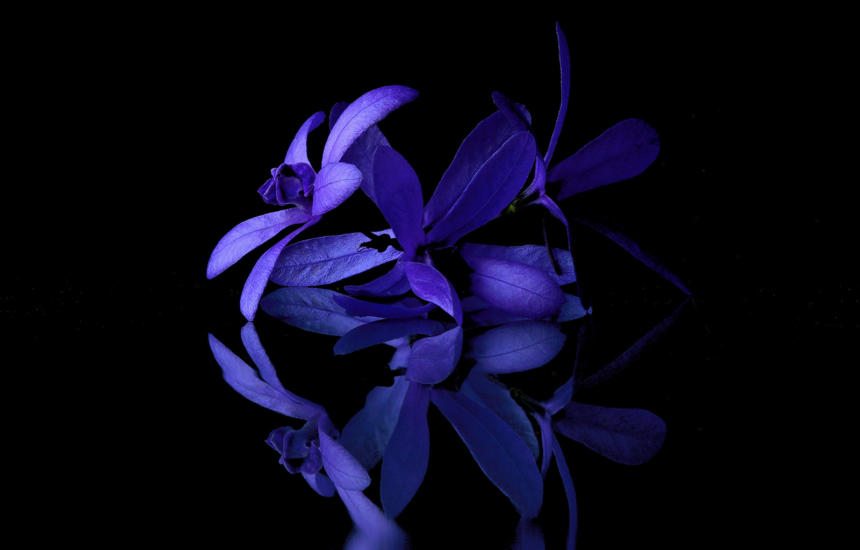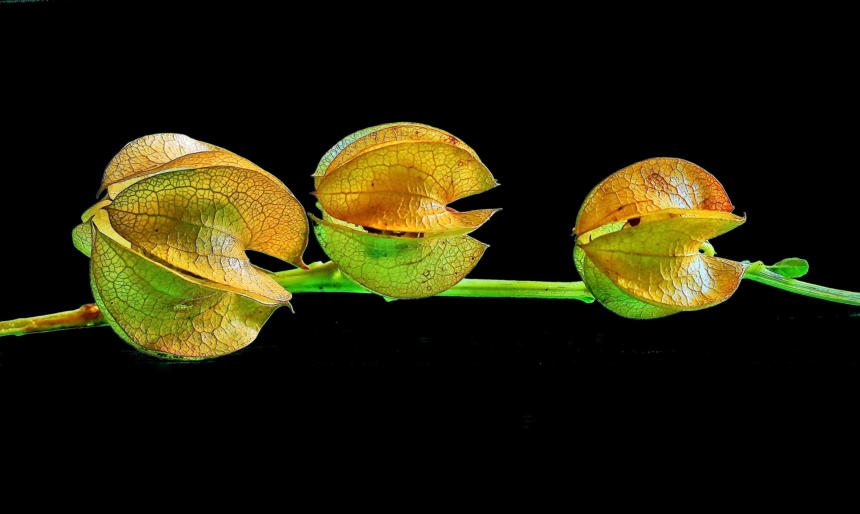Attuning to the Natural Simplicity of Life
Practicing simplicity can nourish our own lives and reconnect us with the web of all life.
By Llewellyn Vaughan-Lee and Hilary HartThe ceaseless demands of today’s world so easily fill up our days. With our smart phones and computer screens we often remain caught on the surface of our lives, amidst the noise and chatter that continually distract us, that stops us from being rooted in our true nature. Unaware we are drowned deeper and deeper in a culture of soulless materialism.
In response I find it more and more important to have outer activities that can connect us to what is more natural and help us live in relationship to the deep root of our being, and in an awareness of the moment which alone can give real meaning to our everyday existence. Over the years I have developed a number of simple practices that bring together action and a quality of mindfulness, or deepening awareness, that can nourish our lives in hidden ways. These activities, like mindful walking, cooking with love and attention, can reconnect us with the web of life, our natural interconnection with life in its beauty and wonder. They can help us “declutter” our outer life and instead become rooted in what is simple and real. They can help us to return to joy. One of these practices, which combines action with mindfulness, is simplicity.

The Practice of Simplicity
Simplicity is the essence of life. The word itself comes from the Latin simplex, meaning uncompounded or composed of a single part. Simple things reflect this essential nature, which belongs to everything in creation. When we honor the simple things of life, we bring ourselves back to this oneness, our true home.
Breathing, walking, growing food, cooking … these are all practices that return us to simplicity. If we honor what is essential in our lives, we connect with the life force that runs free of the dramas of our individual and collective psyche. Here we are connected and responsive.
Begin by giving extra attention to your simple daily activities, like rising from bed and putting two feet on the floor. Pause there. You are awake; you are alive. Take note of how you feel in your body, and how your feet touch the floor. Be aware as you move towards the bathroom, towards the kitchen and the coffee or tea. Be grateful for water in the sink, for oranges that made your juice, for milk in your tea. Drink slowly. Appreciate your food. Appreciate your family, the sun coming in the window, the beauty you see in your partner or children. Simplicity reveals itself through slowness, in quiet moments when you can see, feel, taste, touch. Take time during the day to stop rushing. Move through the day with respect and openness.
Take an honest inventory of your life. Look at the things you have that take up time and psychic space. Look at your activities and commitments. What of these things do you actually need? Which are habits and entanglements that take up space and weigh you down? Which reflect your real values, feed your soul, touch you with love? Do you need or just want that new thing, that new activity, that has caught your eye? For a short time, try going without some of the things of your life. Maybe you don’t need them after all.

Let nature teach you. In nature, we are students of simplicity. The way a tree grows towards the sun, the way a cat stretches beside the fire, the way the seasons come round again and again without fail, can teach the simplicity of what is. The essential nature of our own lives—the cycle of birth, death, suffering, joy, and even liberation—also reflects this simplicity. We might make our lives complicated by how we relate to these—fighting death, avoiding suffering, searching for freedom and happiness—but that is our superimposed experience, not what is. Look for ways to attune to the natural simplicity of life that underlies the complications of our human experience.
Bring yourself back again and again to what is simple, to what does not change over time, to what shines steady through the fog. Ask yourself, do we need more than these things? Do we need more than the beauty of a crab apple tree in spring, a warm house in the winter, the way water sounds flowing through a stream, a cup of tea with friends? Do we need more in our lives than love?
Practicing simplicity doesn’t mean giving away all our things, quitting our demanding jobs, and moving to a mountain hut or living off the grid. It simply means being very honest about what we value within our lives, what sustains us, brings us joy and meaning, and devoting ourselves to those activities, people, or things. While we might end up having fewer possessions or changing some of our habits, simplicity compels a return, not a rejection—a seeing through and within, rather than looking somewhere else. When we live from a place of simplicity we naturally find we need less, and instead are more open to life.
Don’t be afraid of simplicity. It can feel stark and empty because it is free of psychological complexity and the coverings of accumulated need and desire. But our attention and our genuine response—awe, gratitude, appreciation, and respect—help transform that starkness into the richest of human experiences.
Llewellyn Vaughan-Lee is a spiritual teacher and author. Hilary Hart is an author with a focus on women and feminine consciousness. This article was adapted from their book Spiritual Ecology: 10 Practices to Reawaken the Sacred in Everyday Life. www.spiritualecology.org © 2017 The Golden Sufi Center, Llewellyn Vaughan-Lee & Hilary Hart.
Photos courtesy of tdwrsa on Flickr
